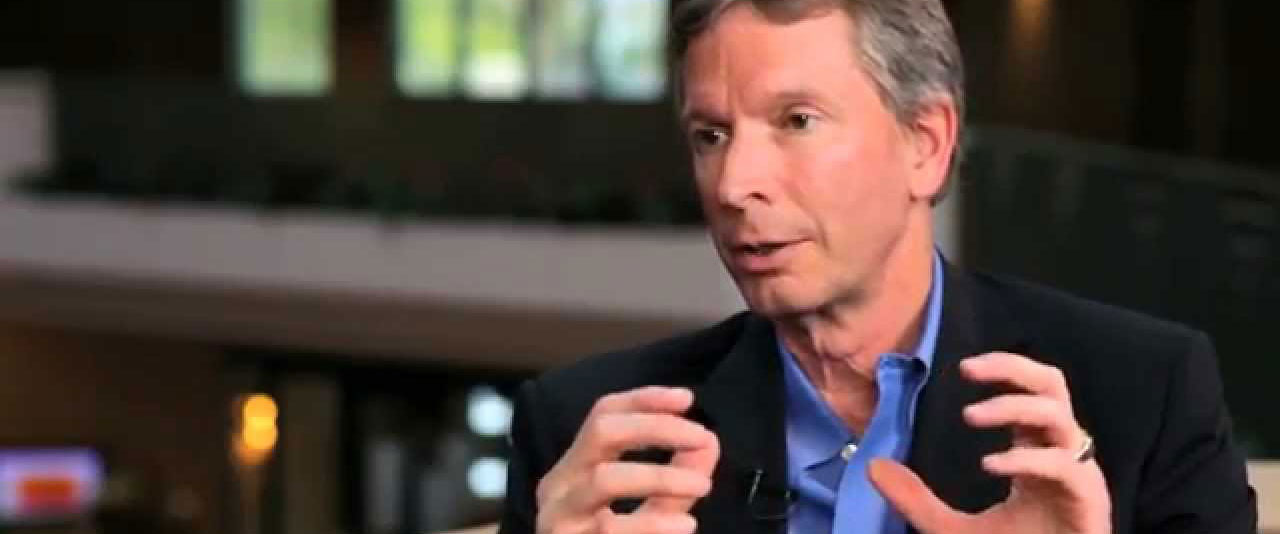Biography
Donald Hoffman is a cognitive scientist and author of more than 100 scientific papers and three books, including Visual Intelligence: How We Create What We See (W.W. Norton, 2000). He received his BA from UCLA in Quantitative Psychology and his Ph.D. from MIT in Computational Psychology. He joined the faculty of UC Irvine in 1983, where he is now a full professor in the departments of cognitive science, computer science and philosophy.
He received a Distinguished Scientific Award of the American Psychological Association for early career research into visual perception, the Rustum Roy Award of the Chopra Foundation, and the Troland Research Award of the US National Academy of Sciences. He has a segment, titled “Can we handle the truth?” in the television series “Through the Wormhole With Morgan Freeman,” and a TED Talk, titled “Do we see reality as it is?”
The case against a physical basis for consciousness
Abstract
If I have a visual experience that I describe as a red tomato a meter away, and if I am sober and otherwise unimpaired, then I am inclined to believe that there is in fact a red tomato a meter away, and that it will continue to exist even if I close my eyes, or even if I cease to exist. In short, I’m inclined to believe that my perceptions are, in the normal case, veridical—that they accurately represent some aspects of the objective environment. But is my belief supported by our best science? In particular: Does evolution by natural selection favor veridical perceptions? Many scientists and philosophers of perception claim that it does. But this claim, though it is influential and accords with our intuitions, has not been adequately tested. In this talk I present a new theorem, which I conjectured and Chetan Prakash proved: Veridical perceptions are never more fit than non-veridical perceptions which are simply tuned to the relevant fitness functions. This theorem entails that perception is almost surely not a window on reality; it is more like a windows interface on your laptop. Spacetime is your desktop, and physical objects are simply icons on this desktop. Spacetime is not the preexisting stage on which the drama of life plays out. It is simply a data format used by our species. Objects in spacetime, including neurons and brains, do not exist when not perceived. I discuss this interface theory of perception and its implications for one of the most puzzling unsolved problems in science: the relationship between brain activity and conscious experiences.
